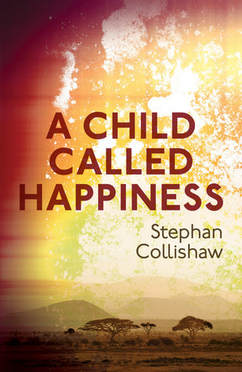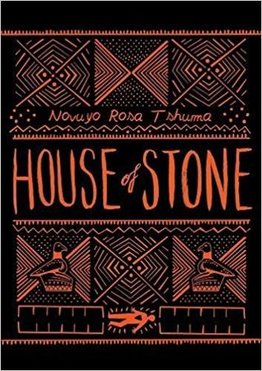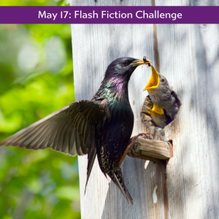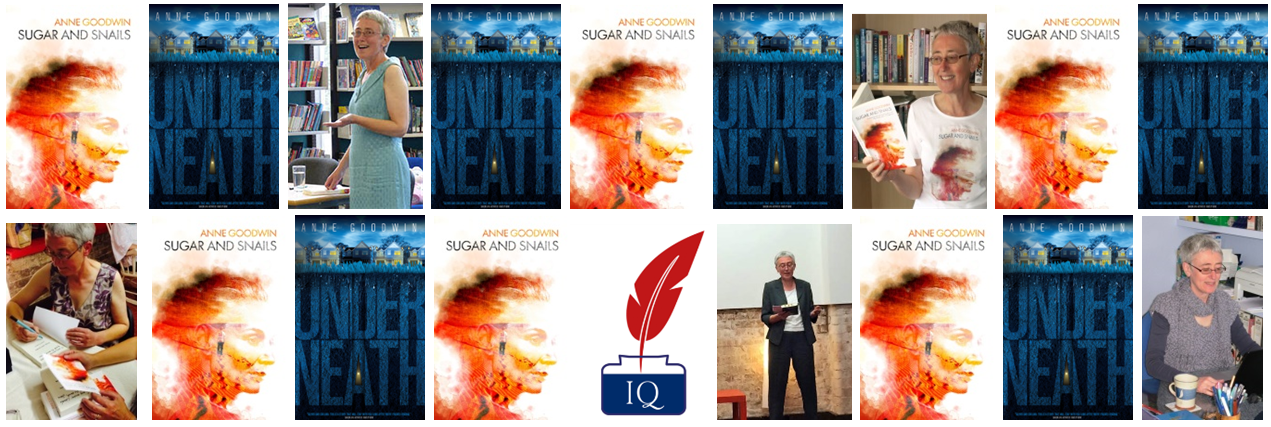A Child Called Happiness by Stephan Collishaw
Happiness – Tafara in Shona – is also the name of a man who came of age in the area over a hundred years before, when the white settlers began encroaching on the ancestral lands. First they offered money in exchange for the fertile mineral-rich soil. Later they demanded taxes from the people who considered it their homeland and, when they couldn’t cough up, forced them to pay the debt through their labour.
In alternating chapters we follow the stories of the white and black families who settled in the area, both convinced of their right to the land.
Barely aware of the fragile politics, Natalie doesn’t realise the risks of acquiescing to a girl’s request that she serve as their teacher, the previous teacher having disappeared following arrest on suspicion of being an anti-government activist. (Though who could blame her when, as I found in the 1980’s, the students are so much more eager to learn than schoolkids in Britain?) But the bigger threat comes from the bands of war veterans who creep up under the cover of darkness to take the white farms by force.
The dubious legitimacy of this takeover echoes the experience of the blacks in earlier generations when Europeans arrived with guns and words on paper the indigenous people couldn’t read. Tafara’s people soon learned the hard way that the ancestral spirits in whom they put their faith could not turn the bullets to water. Narrated by Tafara’s grandchild – whose identity we eventually discover if we haven’t already guessed – this strand takes us from the days of the first Chimurenga (uprising) through independence to Mugabe’s long rule that has brought poverty and chaos to the country. No wonder this narrator is angry, but is the current generation of white farmers bearing the brunt of this really to blame?
Stephan Collishaw’s latest novel is a highly engaging story and a sympathetic and even-handed account of the damaging impact of colonialism for ordinary people caught up in its wake. For more of this author’s writing, see my review of his previous novel, The Song of the Stork. For a discussion of these themes in a more general sense, see my post on attachment to land.
House of Stone by Novuyo Rosa Tshuma
Living in a “pygmy” room in the backyard of the family home, Zamani is prepared to use fair means or foul to get inside. He courts Abed with whisky in the full knowledge he’s had problems with alcohol dependency and been teetotal for five years. He takes advantage of the man’s propensity to violence to set up scenarios in which he’ll hit Agnes, simply so he in order for him to comfort her and earn her trust.
Like Steve, in my novel, Underneath, this villain carries his own areas of vulnerability: with no family of his own, he’s desperate to belong. Believing that even a borrowed genealogy will ground him, he cajoles and coerces his friend’s parents into sharing their stories. As the narrative develops, an additional motivation becomes apparent.
Never having known his parents, Zamani was brought up by an uncle, in the house now occupied by Agnes and Abed. On his deathbed two years earlier, this uncle revealed the brutal context of his origins in Bhalagwe camp, where Zimbabweans starved, raped, tortured and murdered other Zimbabweans only a couple of years after independence from Britain. Zamani hopes Agnes might throw some light on what happened to his mother in that nightmarish place.
This cuckoo-in-the-nest narrative, set in 2007, provides the framework for an account of how the differences between the Shona and Ndebele peoples, set aside during the liberation war, were manifest in purging of those who voted for the losing party in the first post-independence elections (which Robert Mugabe won). Although I did know that the Ndebele people of Matabeleland fared less well than the Shona people in the north, I’d no idea of the extent and hadn’t heard of the Gukurahundi genocide until reading this novel.
I don’t know how much my ignorance is down to first-world indifference and how much to the ruling party’s suppression of the truth. There is a very poignant scene late in the novel when it becomes clear that those conducting the 1996 Commission of Inquiry were woefully short on empathy (or perhaps training in bearing witness to painful testimony), such that the victims were re-traumatised when giving their accounts.
On a lighter note, Zamani’s voice is highly entertaining, and even funny in places – and I did know that the title relates to the ancient stone buildings from which the nation takes its name. House of Stone is psychologically, historically, culturally and literarily impressive, especially for a first novel, and a strong contender for my growing list of stellar reads of the year.
| I’ve already contributed two 99-word stories to this week’s collection, in my post about Derwent Pencil Museum. But the theme of property values fits so well with these novels, I couldn’t resist offering a third one: |
Kare kare the land owned the people, rooted to the soil by their ancestors’ bones.
Until the white men’s rifles commandeered the territory for their queen.
Even after independence, red-brick buildings squatted where thatched rondavels belonged. Even when war veterans forced the whites to flee, a fence barred the people from ancestral lands. Unless to labour for the government minister who now owns the property: a fat fellow with ebony skin in a white man’s clothes. Or so they say: those who sweat to feed his greed have never seen him. But neither had they seen the English queen.

























 RSS Feed
RSS Feed





















